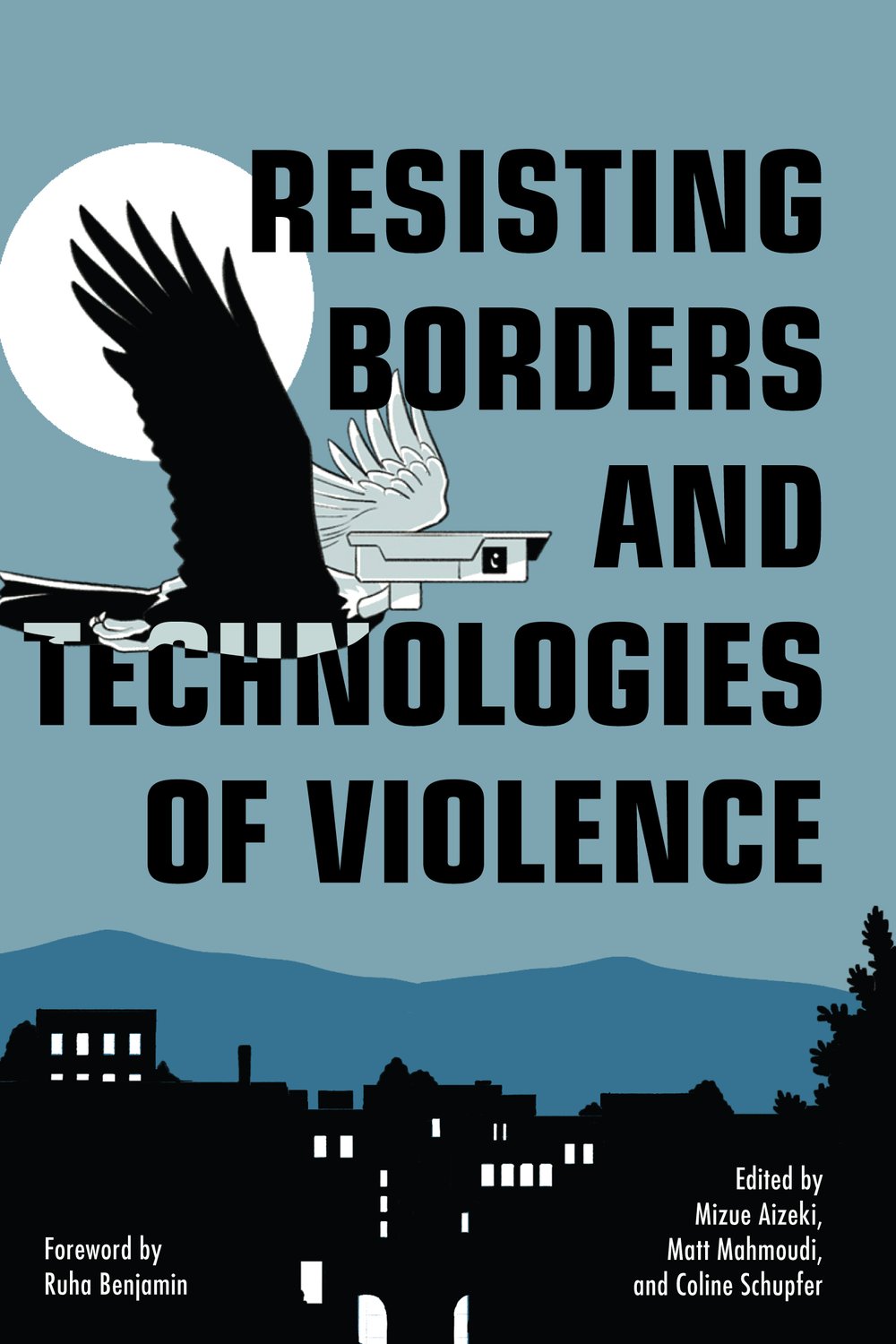Resisting Borders and Technologies of Violence
Resisting Borders in an Age of Global Apartheid

The border regimes of imperialist states have brutally oppressed migrants throughout the world. To enforce their borders, these states have constructed a new digital fortress with far-reaching and ever-evolving new technologies. This pathbreaking volume exposes these insidious means of surveillance, control, and violence.
In the name of 'smart' borders, the U.S. and Europe have turned to private companies to develop a neocolonial laboratory now deployed against the Global South, borderlands, and routes of migration. They have established immigrant databases, digital IDs, electronic tracking systems, facial recognition software, data fusion centres, and more, all to more 'efficiently' categorise and control human beings and their movement.
These technologies rarely capture widespread public attention or outrage, but they are quietly remaking our world, scaling up colonial efforts of times past to divide desirables from undesirables, rich from poor, expat from migrant, and citizen from undocumented. The essays and case studies in Resisting Borders and Technologies of Violence shed light on this threat, offering analyses of how the high-tech system of borders developed and inspiring stories of resistance to it.
The organisers, journalists, and scholars in these pages are charting a new path forward, employing creative tools to subvert the status quo, organise globally against high-tech border imperialism, and help us imagine a world without borders.

Mizue Aizeki is Executive Director and founder of the Surveillance Resistance Lab. Aizeki’s photographic work appears in Dying to Live: A Story of U.S. Immigration in an Age of Global Apartheid and Policing the Planet.
Matt Mahmoudi is Researcher/Adviser on Artificial Intelligence & Human Rights at Amnesty Tech, where he has spent the last two years leading the effort to ban facial recognition technologies. He is an Affiliated Lecturer at the University of Cambridge. Mahmoudi is co-author of the book Digital Witness, published by Oxford University Press.
Coline Schupfer is a consultant working with the International Institute for Environment and Development and Open Society Foundations on community-based public interest litigation. She has written for publications including the International Justice Monitor, Border Criminologies, Opinio Juris, and the Asia Pacific Journal on Human Rights and the Law.
Ruha Benjamin is an internationally recognised writer, speaker, and professor of African American Studies at Princeton University, where she is the founding director of the Ida B. Wells Just Data Lab. She is the award-winning author of Race After Technology: Abolitionist Tools for the New Jim Code and editor of Captivating Technology, among many other publications. Her work has been featured widely in the media, including the New York Times, the Washington Post, CNN, The Root, and The Guardian.


